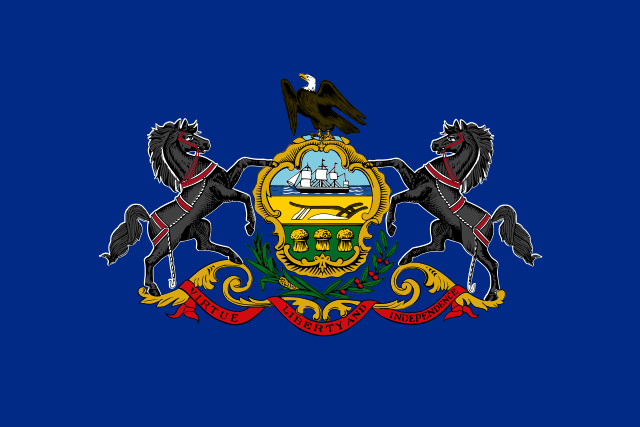On this day in 1787, Pennsylvania becomes the second state when it ratifies the U.S. Constitution, which, of course, was drafted in Philadelphia.
In fact, that ratifying convention also occurred at the Pennsylvania State House, which we now know as Independence Hall.
Liberty
Indeed, those delegates were inclined to “secure the Blessings of Liberty to ourselves and our Posterity,” as stated in the U.S. Constitution.
The text of the Preamble of the Constitution of the Commonwealth of Pennsylvania makes that abundantly clear.
“PREAMBLE
WE, the people of the Commonwealth of Pennsylvania, grateful to Almighty God for the blessings of civil and religious liberty, and humbly invoking His guidance, do ordain and establish this Constitution.”
“Convincing Proofs”
Though born in Boston, Benjamin Franklin was among those Pennsylvania delegates to the the Constitutional Convention. There, he urged the Assembly toward morning “prayers imploring the assistance of Heaven, and its blessings on [their] deliberations.”
In so doing, he made the famous quote below, which inspired one of Our shirts.
“I have lived a long time, Sir, a long time, and the longer I live, the more convincing proofs I see of this truth—that God governs in the affairs of men. And if a sparrow cannot fall to the ground without his notice, is it probable that an empire can rise without his aid?”
See it in Our shop:




